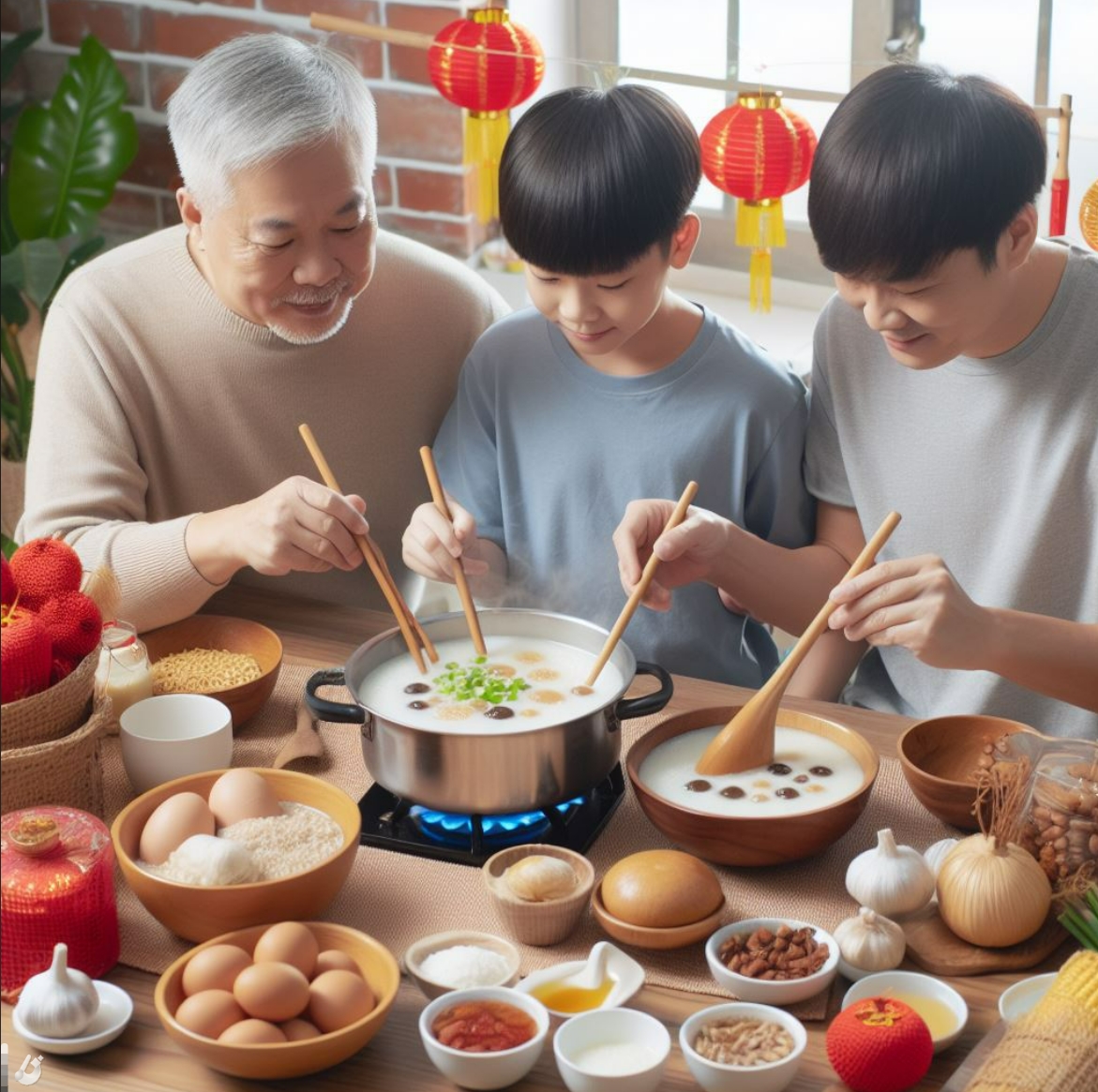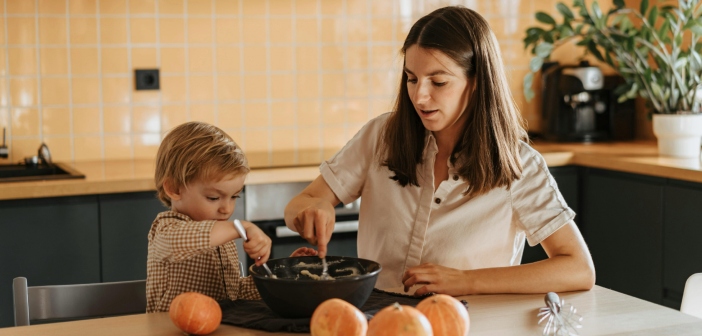There’s a whole lot to know if you’re going to celebrate Chinese New Year properly, and this year I plan on doing everything by the book and sticking as close to tradition as possible, partly to teach my little girl this side of her heritage and partly to finally satisfy the curiosity I’ve had for it all these decades. So, join me as I explain every Chinese New Year tradition that’s about to take over the city.
Search #JingkidsCNY to find more articles on this topic.
Laba Festival stands out as a day filled with traditions, tasty treats, and a heartwarming sense of community. Celebrated on the eighth day of the twelfth lunar month, the festival has a rich history and a unique way of ushering in the joy of the upcoming Lunar New Year. This year, Laba Festival falls on Jan 18.
This festival traces its origins back to Buddhism and revolves around the legendary tale of Sakyamuni, the founder of Buddhism itself. The story goes that Sakyamuni reached enlightenment on this day after spending years meditating and living off of porridge. This is why laba porridge is so heavily associated with this holiday and why some monasteries in China would even give the dish out on this day in honor of Sakyamuni.

At the core of Laba Festival is the preparation and sharing of laba porridge, a warm and nourishing dish made from a variety of ingredients. Similar to preparing a Thanksgiving meal together, families come together to cook this special porridge, blending rice, beans, nuts, dried fruits, and sweeteners. The diversity of ingredients symbolizes the unity of different elements, creating a harmonious and flavorful dish.
The joy of Laba Festival is about more than just the delicious porridge. Families and friends gather in kitchens sharing stories while the tantalizing aroma of the porridge fills the air. It’s a beautiful representation of togetherness and collaboration.

In addition to preparing laba porridge, it’s customary to make offerings to ancestors during Laba Festival.
People often visit temples to pay their respects, light incense, and express gratitude for the blessings received throughout the year. It’s a time to reflect on the past and look forward to a prosperous future.
Apart from laba porridge, Laba Festival is also known for its noodles. Laba noodles are long, uncut noodles that symbolize longevity and are believed to bring good fortune.
Finally, sounding even more like Thanksgiving, Laba Festival also emphasizes the spirit of giving. Some organize charity events and distribute laba porridge to the less fortunate. It’s a heartening gesture that reflects the festival’s essence of compassion, sharing, and spreading joy beyond the confines of one’s own circle.
Images: Bing, Pexels




